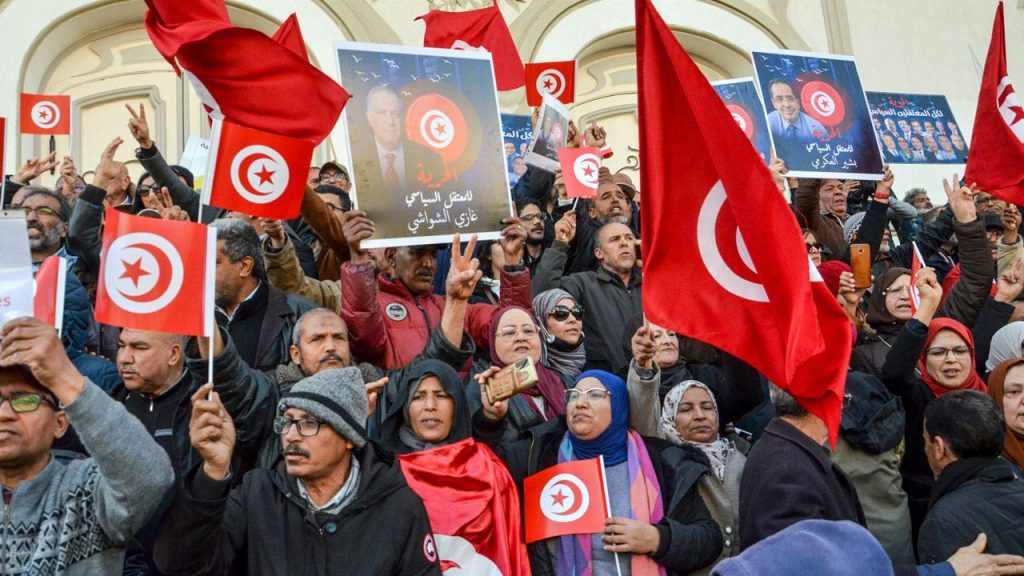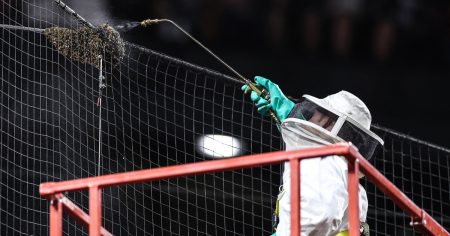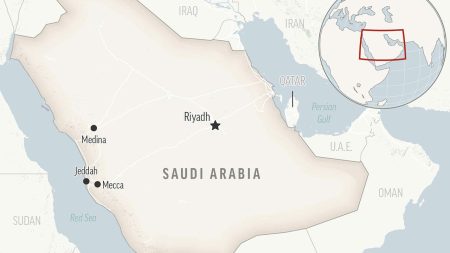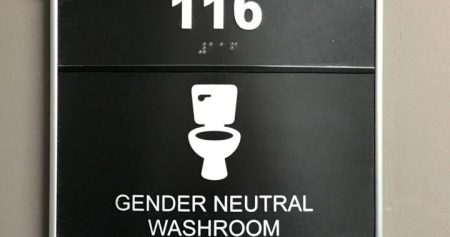In Tunisia, a journalist and political commentator named Mohamed Boughalleb was sentenced to six months in prison for insulting a public official. Boughalleb had been critical of the official’s alleged involvement in corruption and misuse of public funds, which led to his arrest following a complaint filed against him. The official, a member of Tunisia’s Ministry of Religious Affairs, took issue with Boughalleb’s comments on social media questioning their trips abroad as a waste of public funds. Boughalleb was charged with violating defamation laws in Tunisia’s penal and telecommunications code, with his lawyers criticizing the sentence as an attack on freedom of expression.
The sentencing of Boughalleb is seen as part of a broader crackdown on media freedom in Tunisia, with approximately 20 journalists facing similar charges. Ziad Dabbar, president of the National Syndicate of Tunisian Journalists, condemned the action as an attempt to silence dissenting voices and prevent journalists from carrying out their work. The government’s pursuit of its critics, including journalists, comes amid concerns about the political nature of the charges, as President Kais Saied prepares for a potential reelection bid. The targeting of journalists and political opponents has raised questions about the erosion of civil liberties in Tunisia, with over 20 activists and politicians critical of Saied currently in detention on charges of plotting against state security.
President Saied, who came to power on an anti-corruption platform, has faced criticism for his handling of civil liberties and his consolidation of power since taking office. Shortly after assuming the presidency, Saied suspended the parliament, amended the constitution to bolster his authority, and restricted the independence of the judiciary. These moves have paved the way for a crackdown on dissenting voices in the country, with journalists, cartoonists, and political opponents coming under increased scrutiny and legal action. As the country braces for a new election, tensions between the government and its critics have escalated, with concerns about the erosion of democratic norms and freedoms in Tunisia.
The sentencing of Boughalleb has sparked outrage among human rights advocates and defenders of press freedom, who see it as a violation of fundamental rights and an attack on the free press. The broader crackdown on journalists and dissenting voices in Tunisia has raised concerns about the country’s commitment to democratic principles and the protection of civil liberties. Calls for the release of Boughalleb and other imprisoned journalists have amplified, drawing attention to the growing restrictions on free speech and political expression in the North African nation. The targeting of critics and opponents of the government has underscored the challenges facing Tunisia in safeguarding democratic institutions and upholding human rights in the face of political upheaval and repression.
As Tunisia grapples with a deepening political crisis and a deteriorating human rights situation, the international community has urged the government to respect freedom of expression and the rule of law. The sentencing of journalists and political opponents has drawn condemnation from foreign governments and organizations, who have called for the release of those detained on politically motivated charges. The erosion of media freedom and civil liberties in Tunisia poses a threat to the country’s democratic transition and stability, highlighting the need for international pressure to uphold human rights and ensure accountability for violations. The targeting of journalists like Boughalleb is a stark reminder of the challenges facing Tunisia as it navigates a complex political landscape and seeks to uphold democratic values in the face of increasing authoritarian tendencies.















